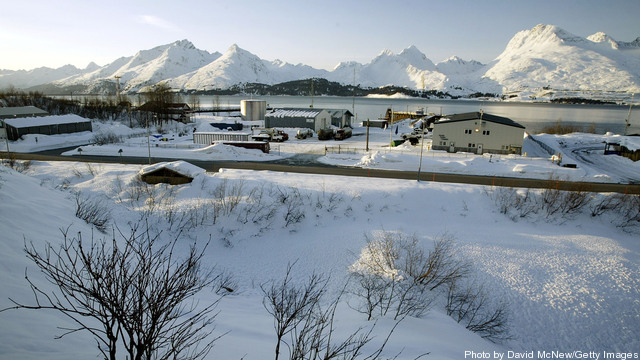
Alaskans’ way of life is threatened as oil production declines and new pipelines for natural gas remain difficult to justify financially.
Larry Persily, Federal Coordinator for Alaska Natural Gas Transportation Projects, said only high oil prices are keeping state royalties from dropping even more. The state gets 90% of its General Fund – some $8 billion last year — from oil and gas royalties. Alaskans pay no income or sales taxes, and get an annual cash rebate from the royalty fund. Keep reading →


